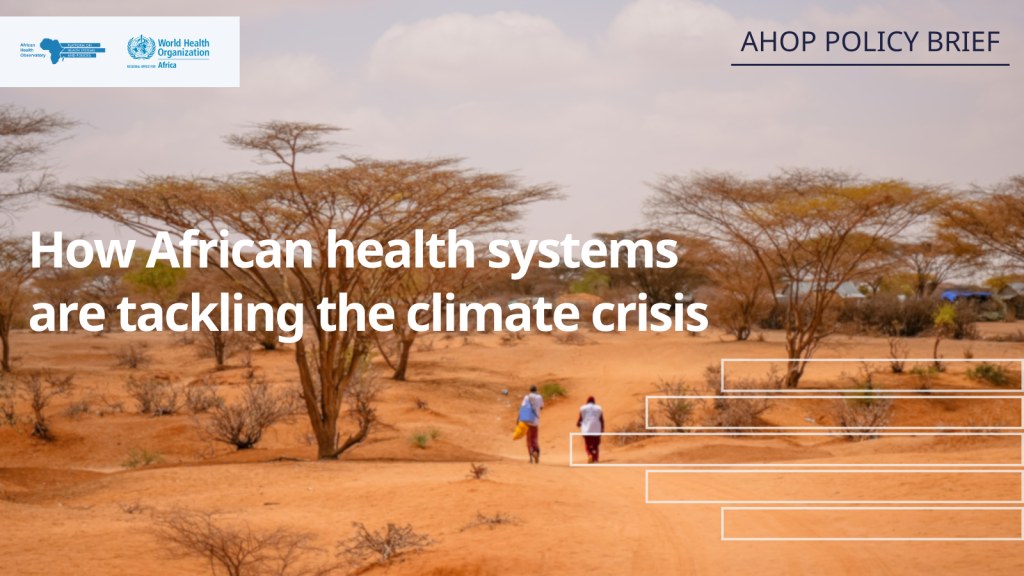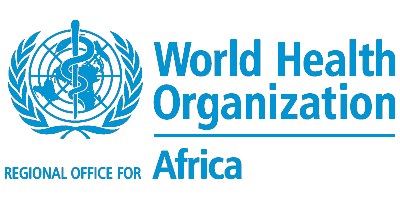New AHOP policy brief examines how intensifying climate change affects fragile health systems across Africa; and what must be done to urgently mitigate its impact
As COP30: UN Climate Change Conference unfolds this week, the African Health Observatory – Platform on Health Systems and Policies (AHOP) has published a new policy brief summary: ‘How African health systems are tackling the climate crisis.’
Africa is experiencing intensifying climate change impacts – rising temperatures, floods, droughts and shifting disease patterns – that are exposing already fragile health systems. These systems, often under-resourced, are struggling to meet the growing demand for services.
Particularly vulnerable to climate-related health threats are marginalized communities, poor people, older persons, women and individuals with chronic illnesses. Although health is increasingly included in climate policies, implementation remains weak, underfunded, and often overlooks the critical role of health systems.
This policy brief summary synthesizes evidence on existing policies, frameworks and actions shaping health system responses to climate change at global, regional and national levels. Specifically, it addresses the following questions:
What policies and strategies currently exist to support the adaptation and mitigation of climate change impacts on health systems – globally, regionally and within African countries?
Which strategies have proven effective in addressing the impact of climate change on health systems in the African Region?
As in all regions of the world, health systems in the African Region must systematically embed climate resilience into governance, planning and financing. With innovation, leadership and adequate funding, the African Region can become a global leader in building climate-resilient, equitable and low carbon health systems.
AHOP is a regional partnership that promotes evidence-informed policy-making. It is hosted by the WHO Regional Office for Africa (WHO AFRO) and is a network of centres of excellence from across the region, leveraging existing national and regional collaborations.
The extended summary is now available for download in English and French. The entire policy brief will be published online soon.









